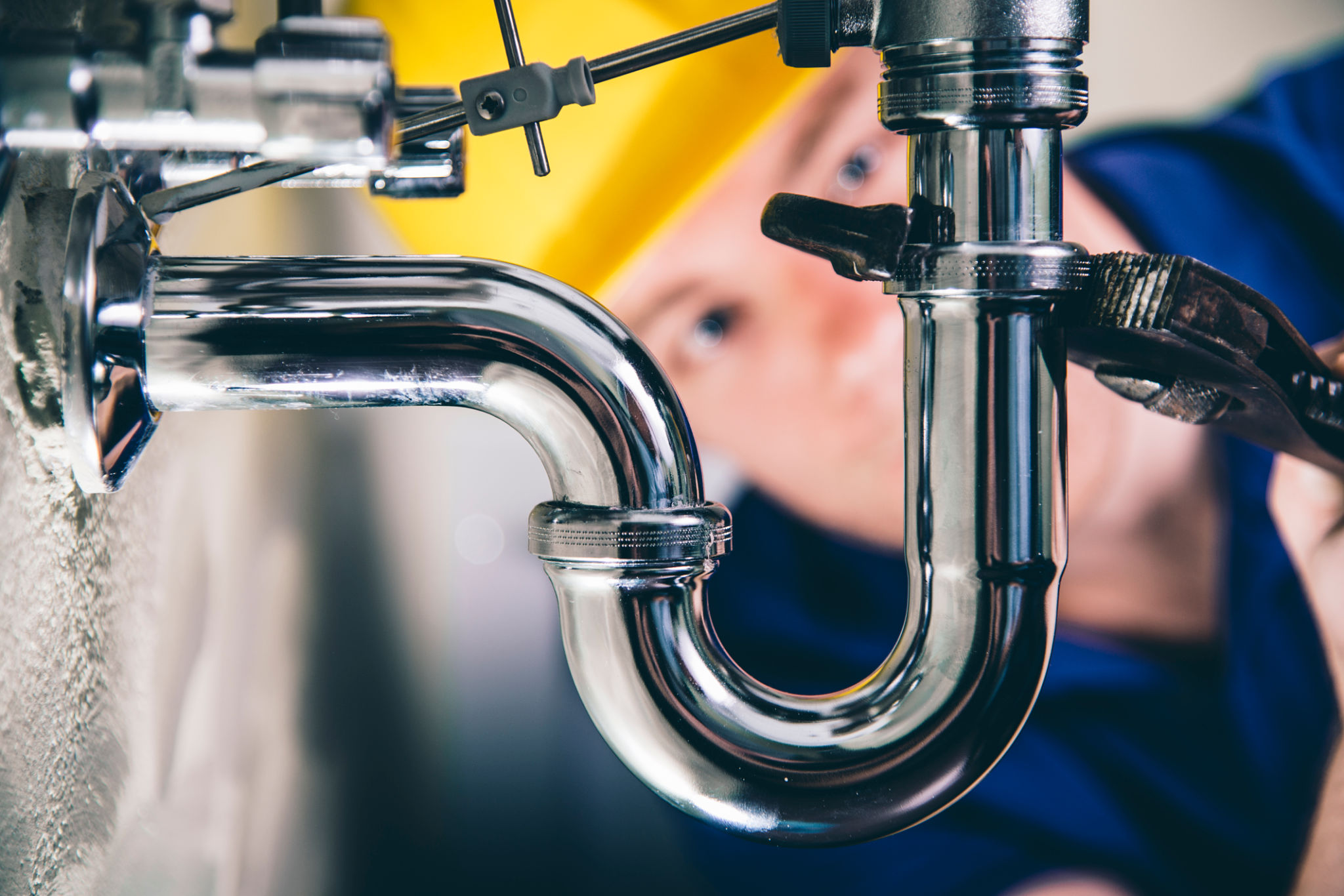DIY Tips for Plumbing Emergencies: When to Call a Professional
Understanding Plumbing Emergencies
Plumbing emergencies can strike at any time, often when you least expect them. From burst pipes to overflowing toilets, these situations can cause significant damage if not addressed promptly. Knowing how to handle these emergencies can save you time, money, and stress. However, it's equally important to recognize when a problem is beyond a DIY fix and requires professional assistance.

Common DIY Plumbing Solutions
There are several plumbing issues that homeowners can tackle themselves with a bit of know-how and the right tools. Here are some common problems and their DIY solutions:
- Clogged Drains: A blocked sink or shower drain is a frequent issue. Use a plunger or a plumbing snake to clear the clog. For minor blockages, a homemade mix of baking soda and vinegar can also be effective.
- Leaky Faucets: This problem is usually caused by worn-out washers or seals. Replacing these components is a straightforward task that most homeowners can perform with basic tools.
- Running Toilets: A toilet that won't stop running can waste a lot of water. Check the flapper valve, float, and fill tube for proper operation. Often, the solution involves adjusting or replacing one of these parts.

When to Call a Professional
Despite your best efforts, some plumbing issues require the expertise of a professional plumber. Here are situations where it's best to call in the experts:
- Burst Pipes: If you experience a burst pipe, it's crucial to shut off the water supply immediately and contact a plumber. The damage from flooding can be extensive, and a professional will ensure the repair is done correctly.
- Sewer Backups: A sewer backup is not only unpleasant but also poses health risks. This is a complex issue that demands professional equipment and knowledge.
- No Hot Water: Issues with your water heater, especially if it's gas-powered, should be handled by a professional due to the risk of gas leaks or electrical hazards.

Preventive Measures
The best way to deal with plumbing emergencies is to prevent them from happening in the first place. Regular maintenance and inspections can help catch potential problems early. Here are some preventive measures you can take:
- Inspect Pipes Regularly: Look for signs of wear, corrosion, or leaks. Addressing minor issues before they escalate can save you from bigger problems down the line.
- Avoid Chemical Drain Cleaners: These can damage your pipes over time. Opt for natural solutions or call a plumber for persistent clogs.
- Know Your Water Shut-Off Valve: Familiarize yourself with the location of your main water shut-off valve. In an emergency, shutting off the water quickly can prevent extensive damage.
Conclusion
While DIY solutions can resolve many minor plumbing issues, knowing your limits is key to avoiding costly mistakes. When in doubt, don't hesitate to call a professional plumber who can ensure your home's plumbing system remains in top condition. Remember, taking swift action in an emergency and performing regular maintenance can protect your home from significant damage and keep your plumbing running smoothly.